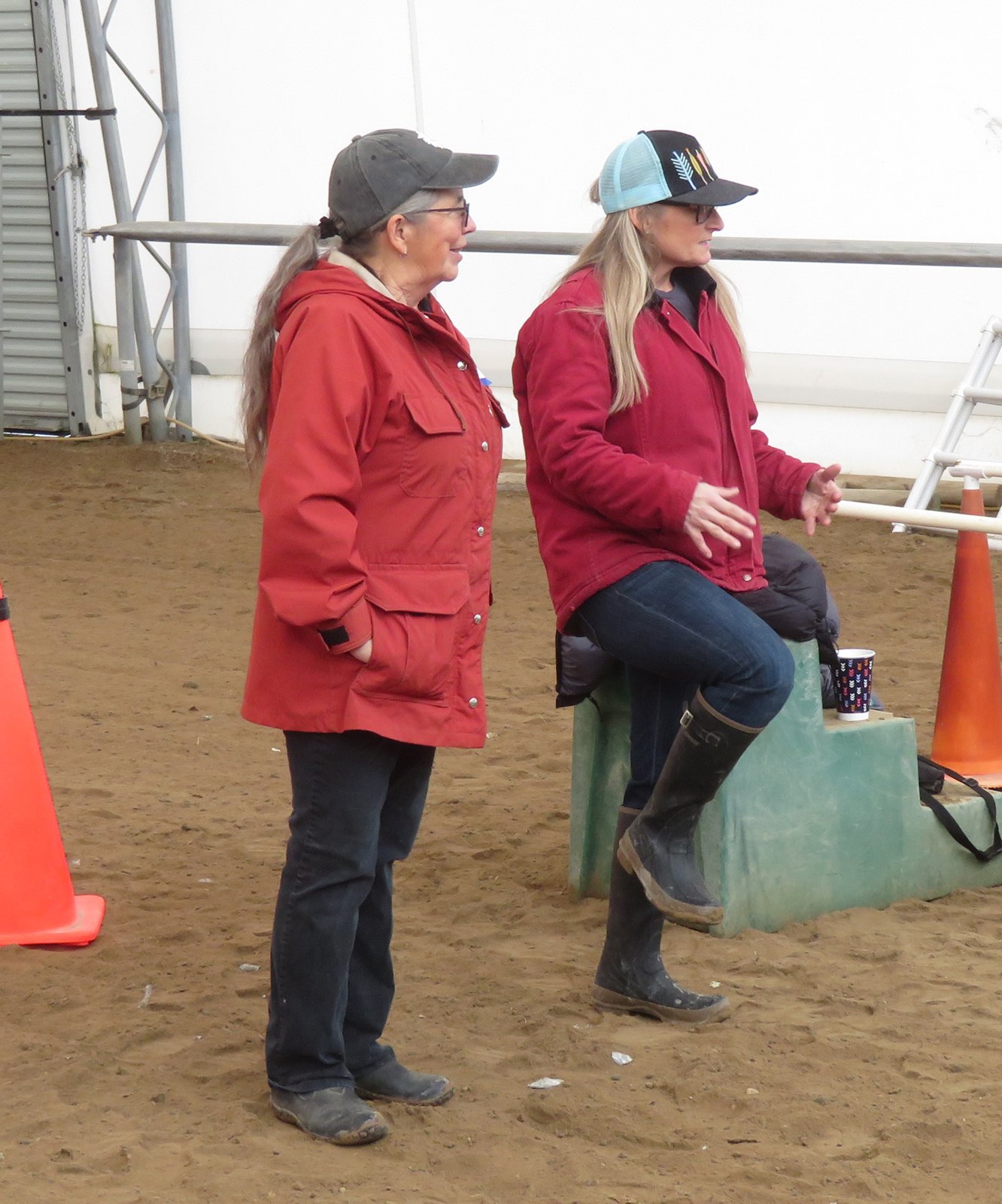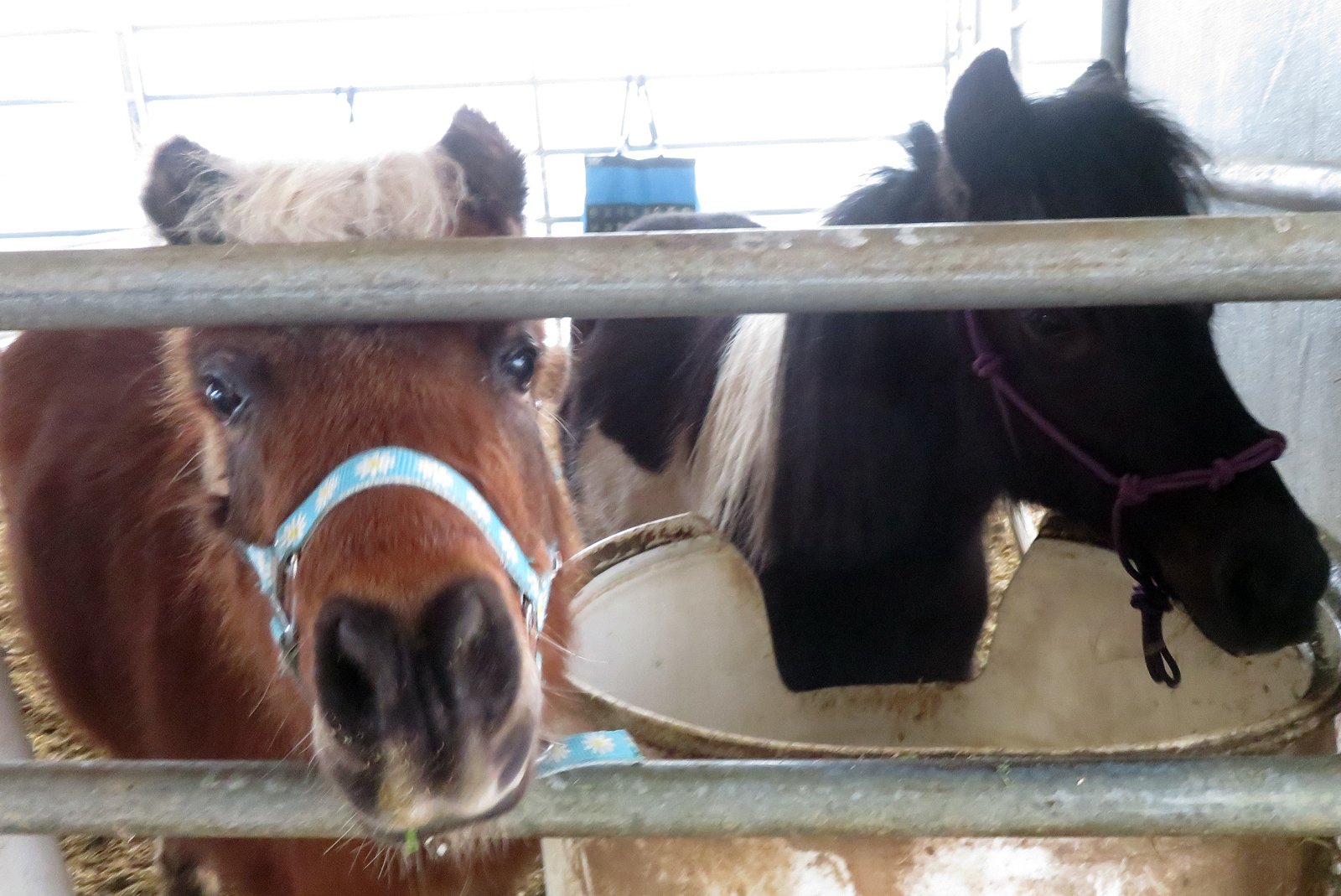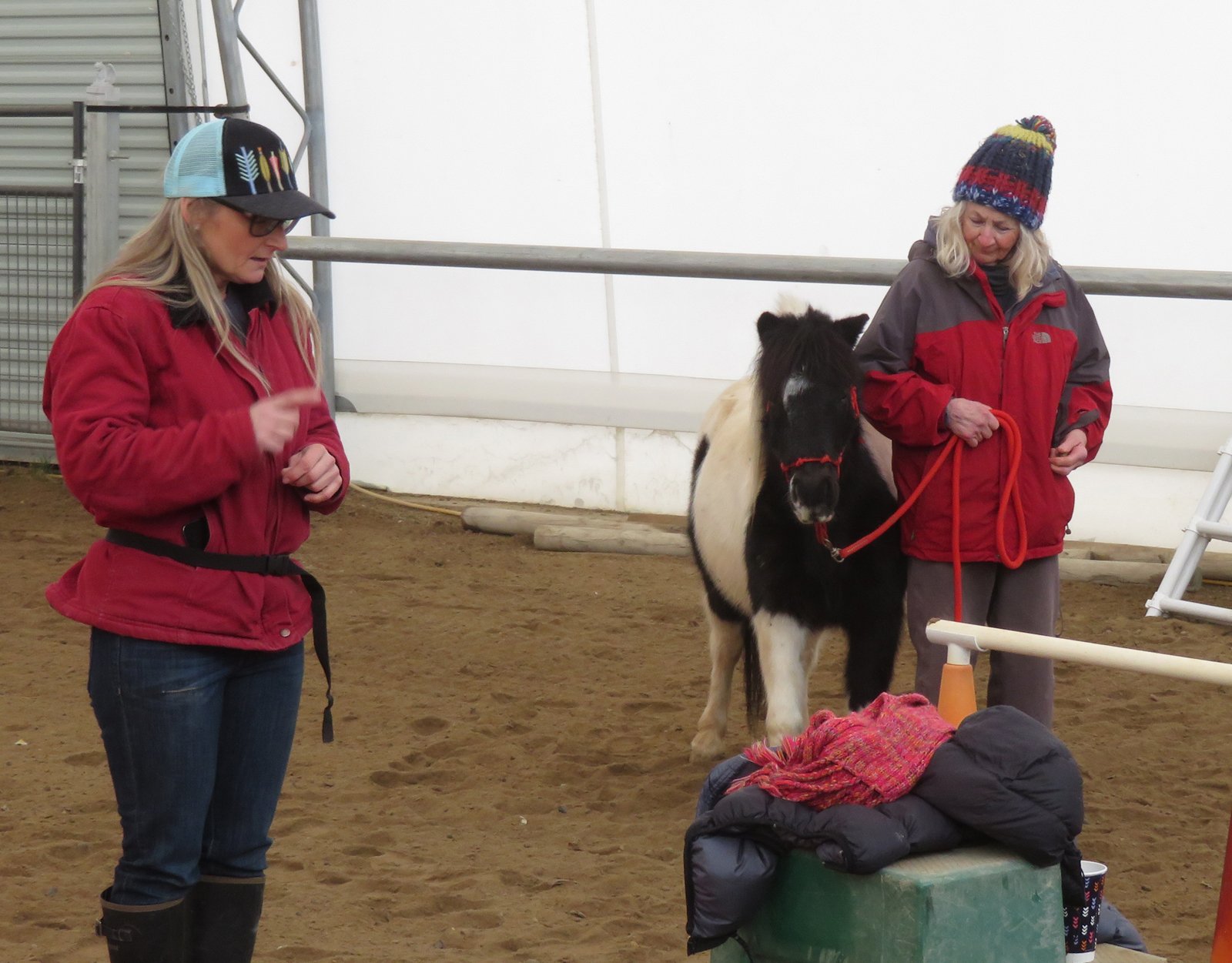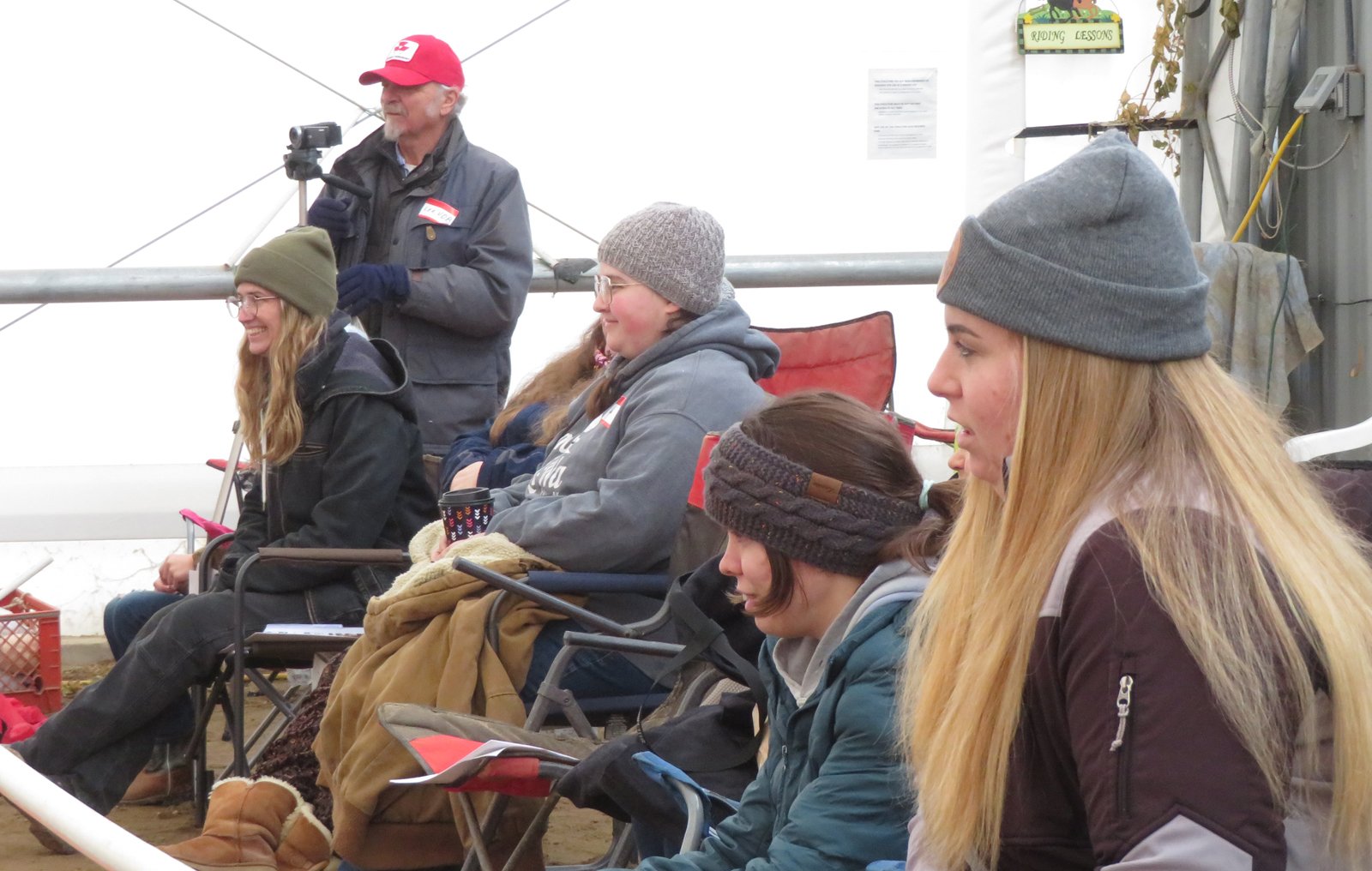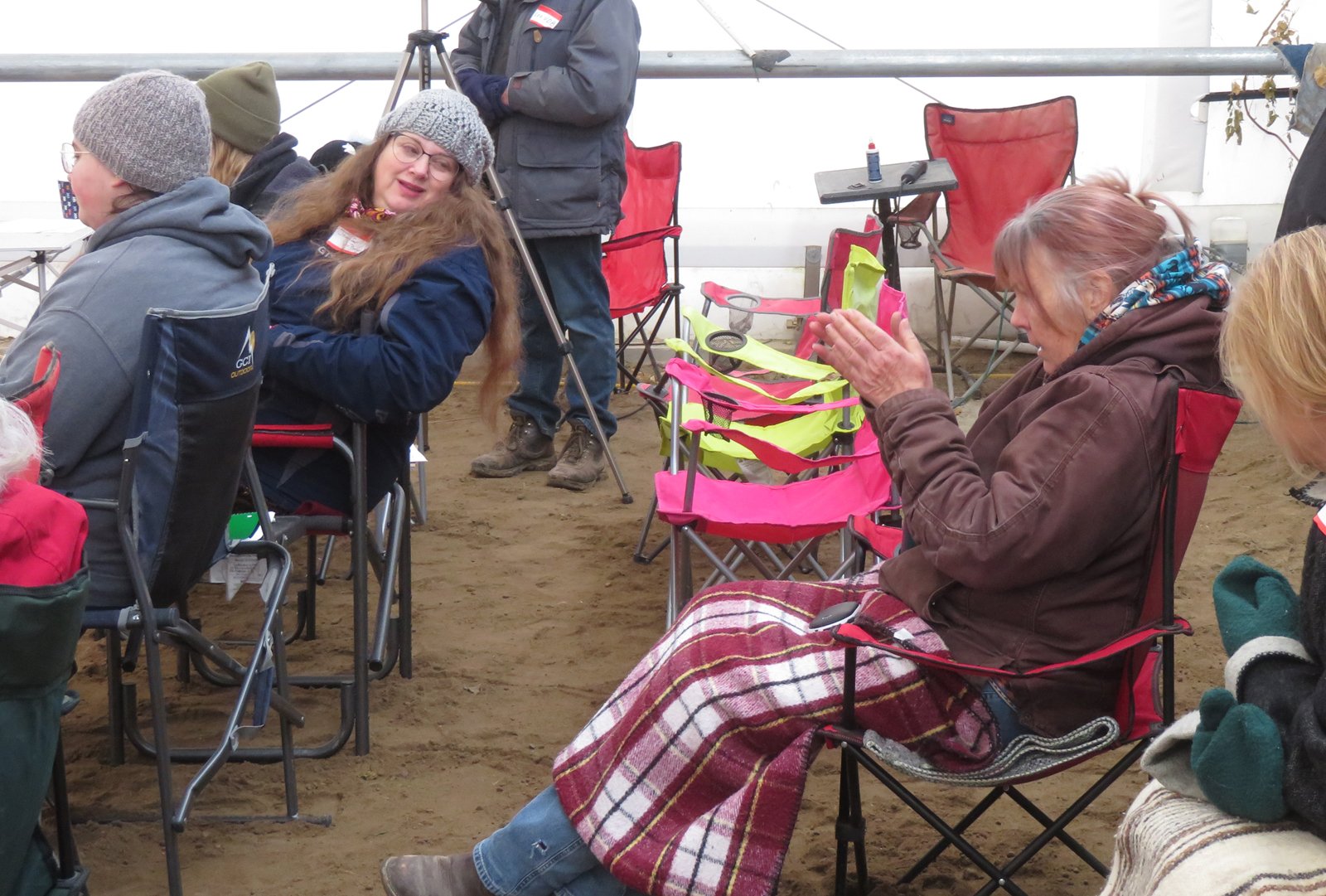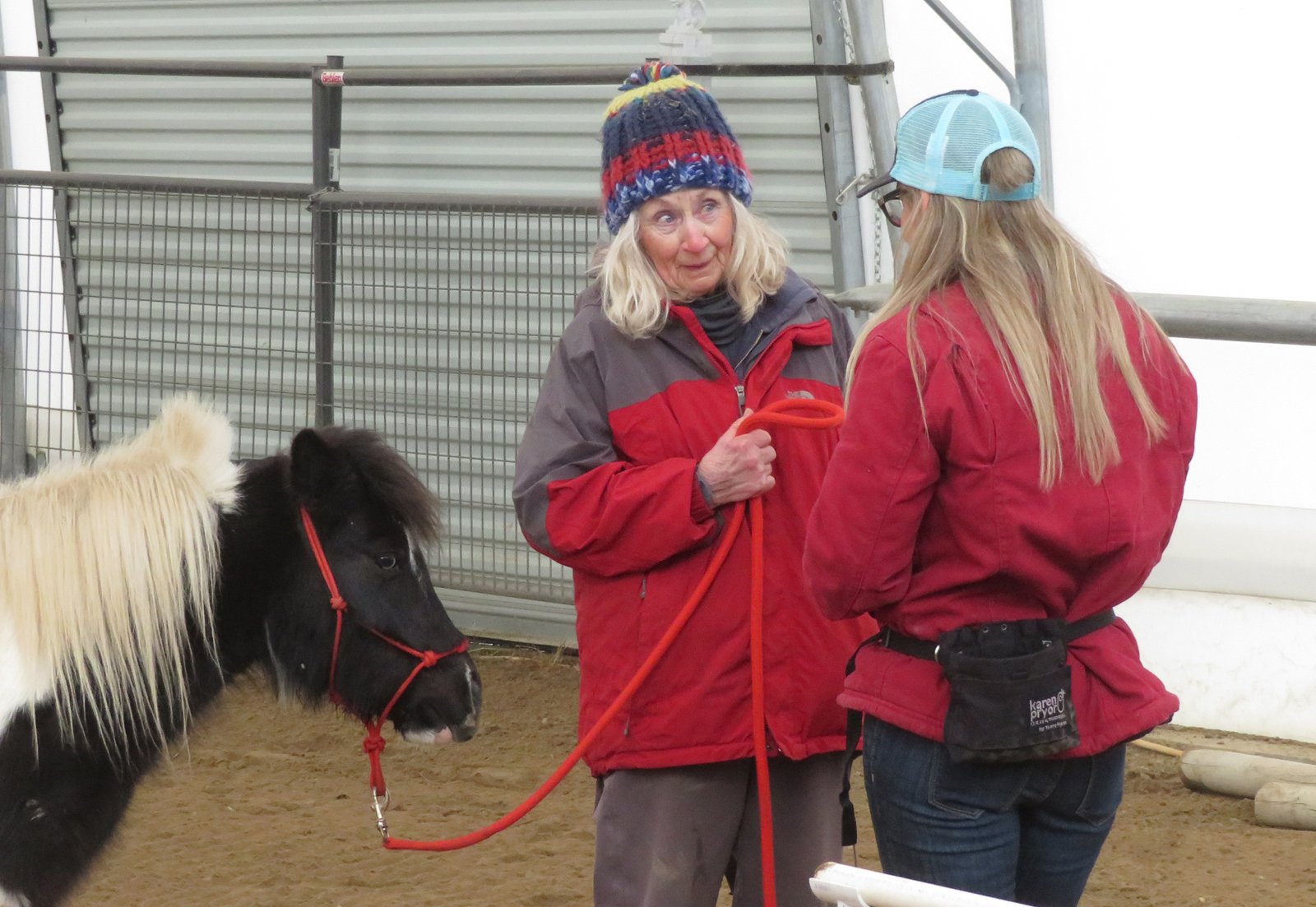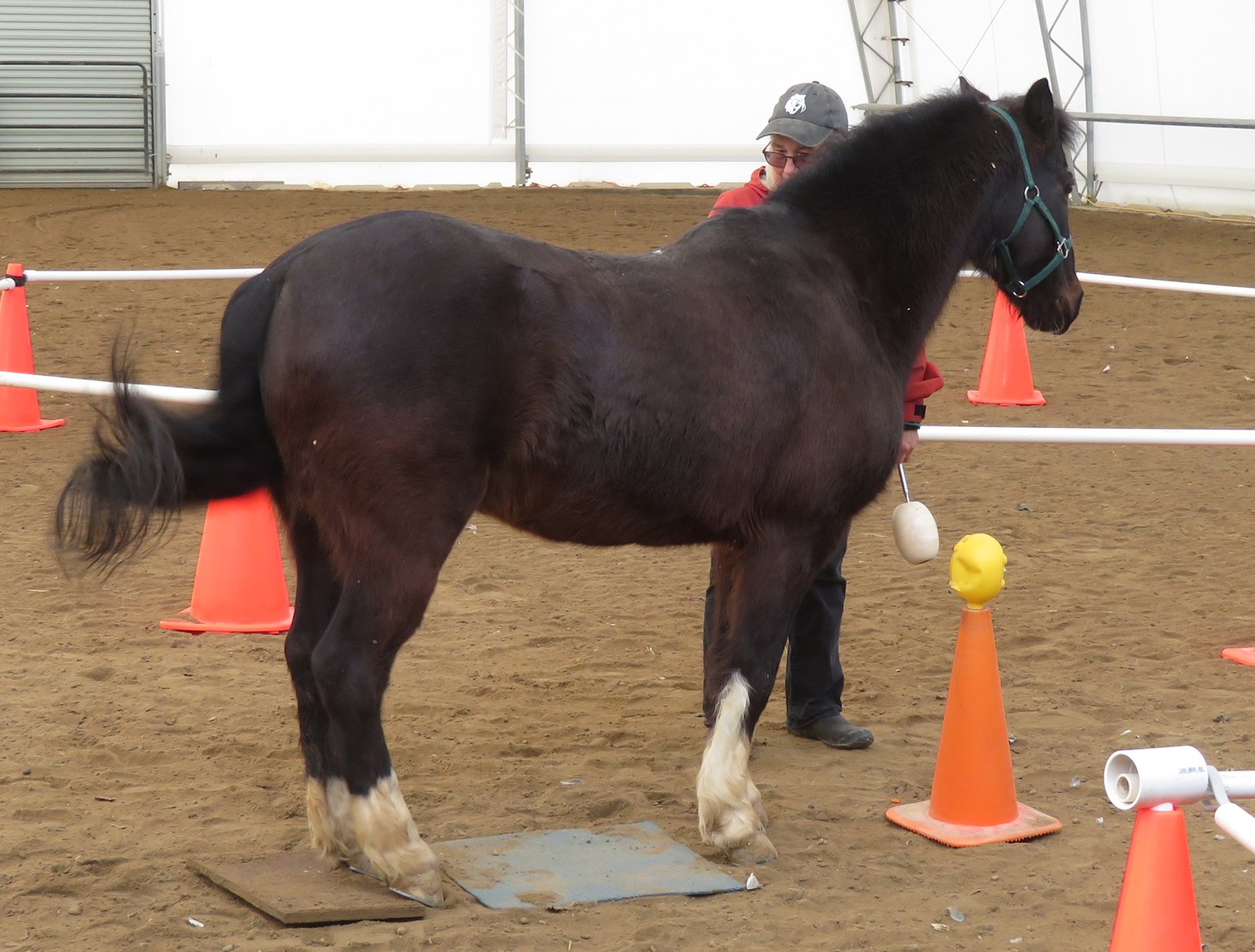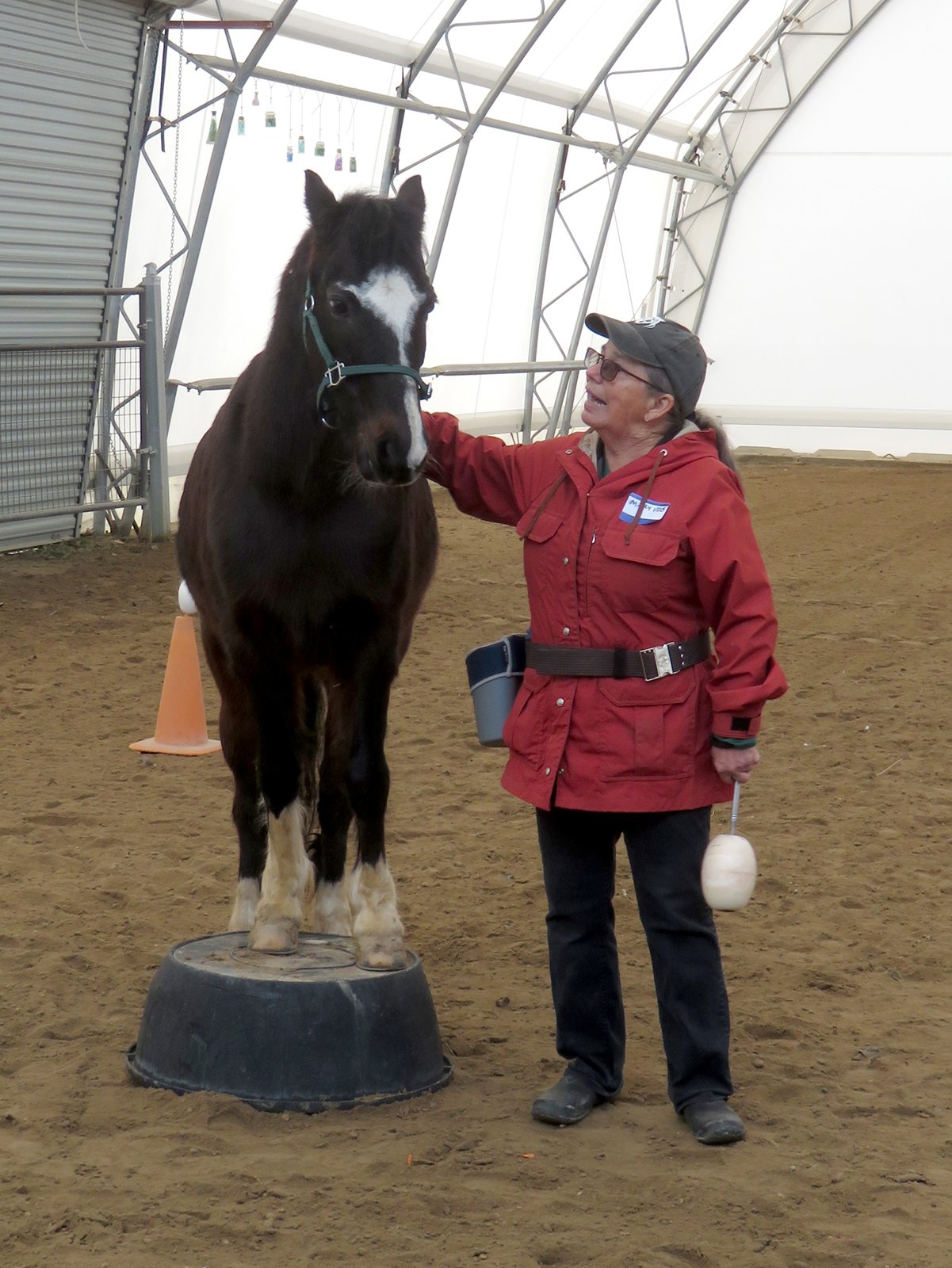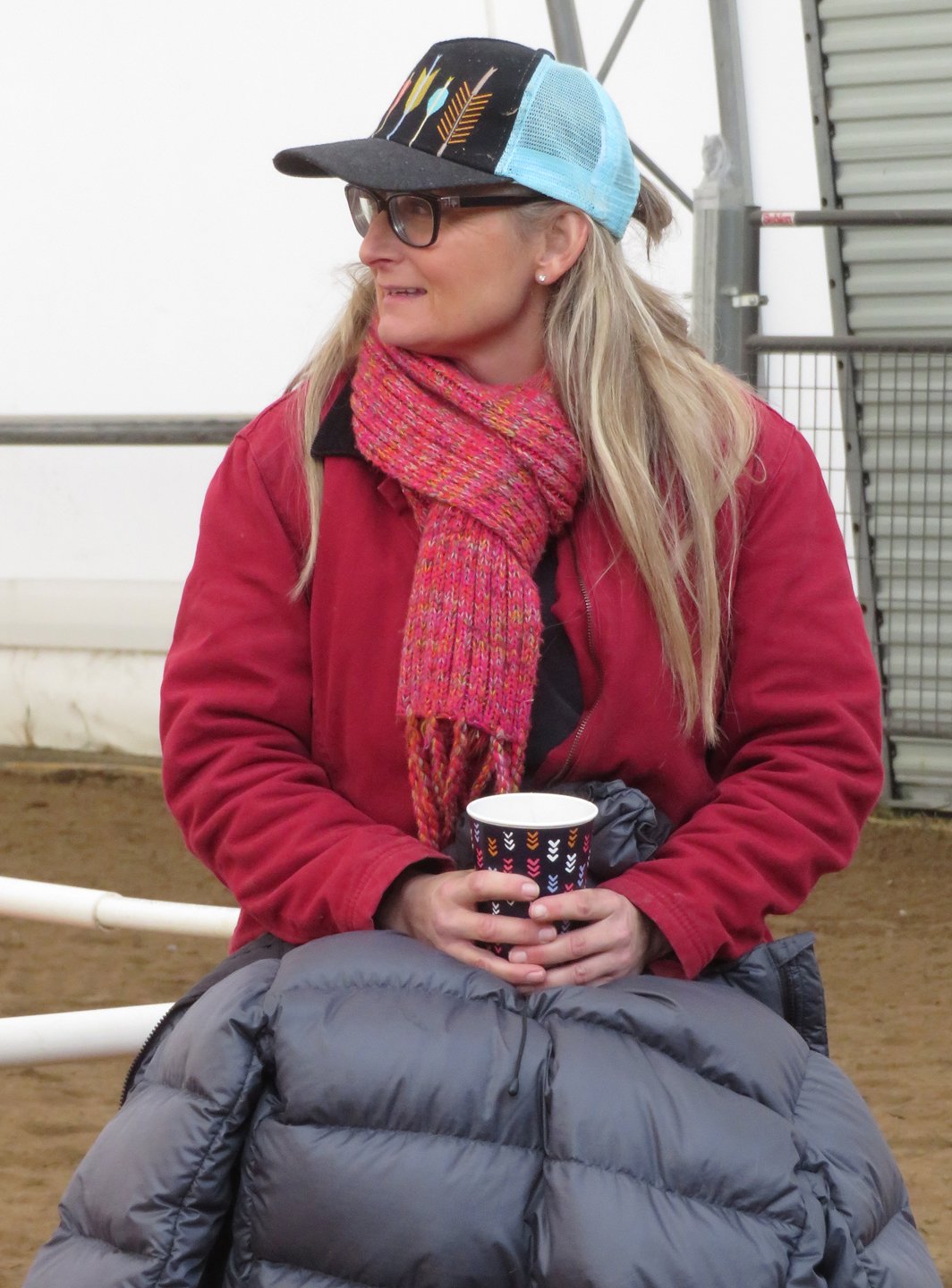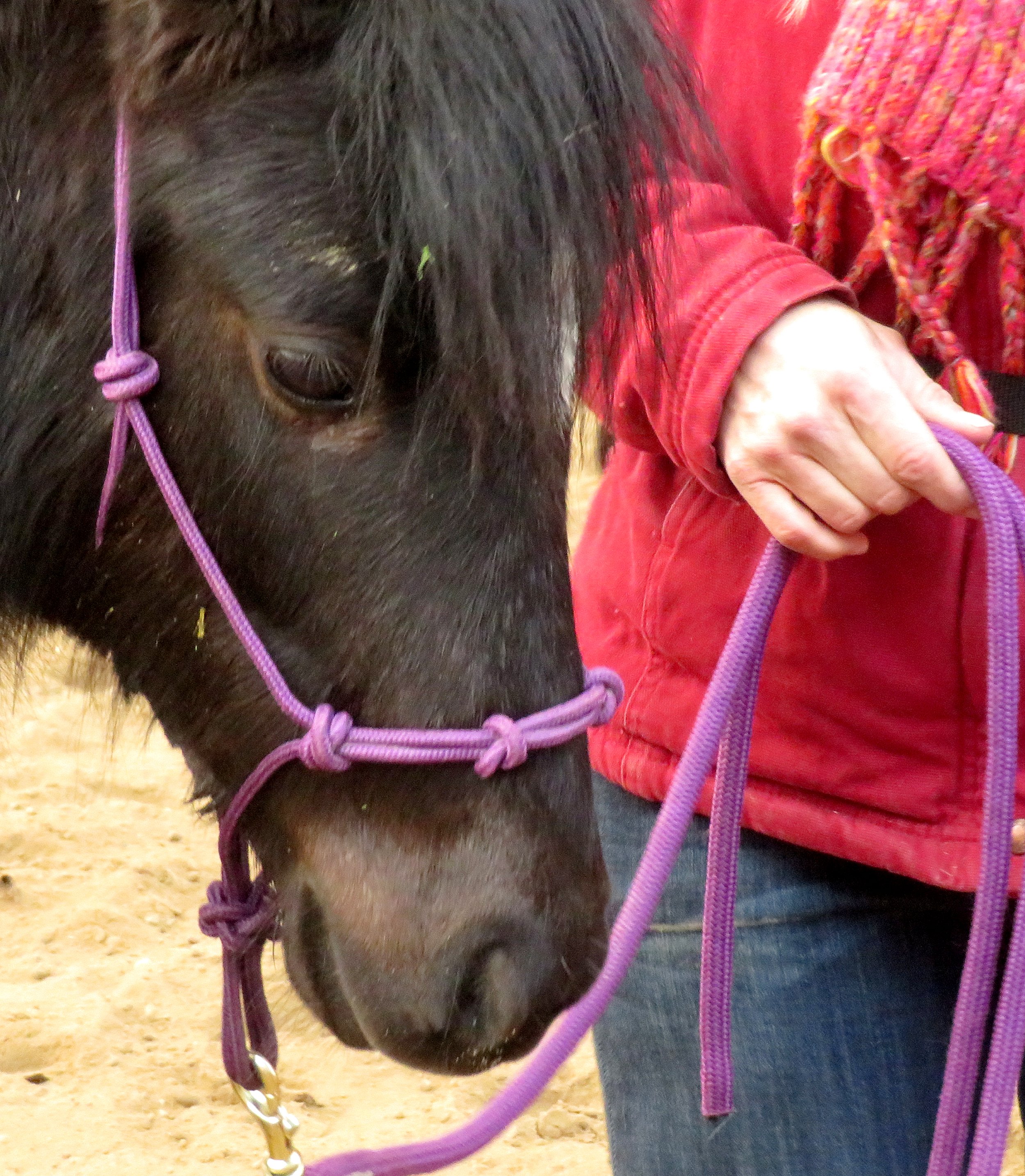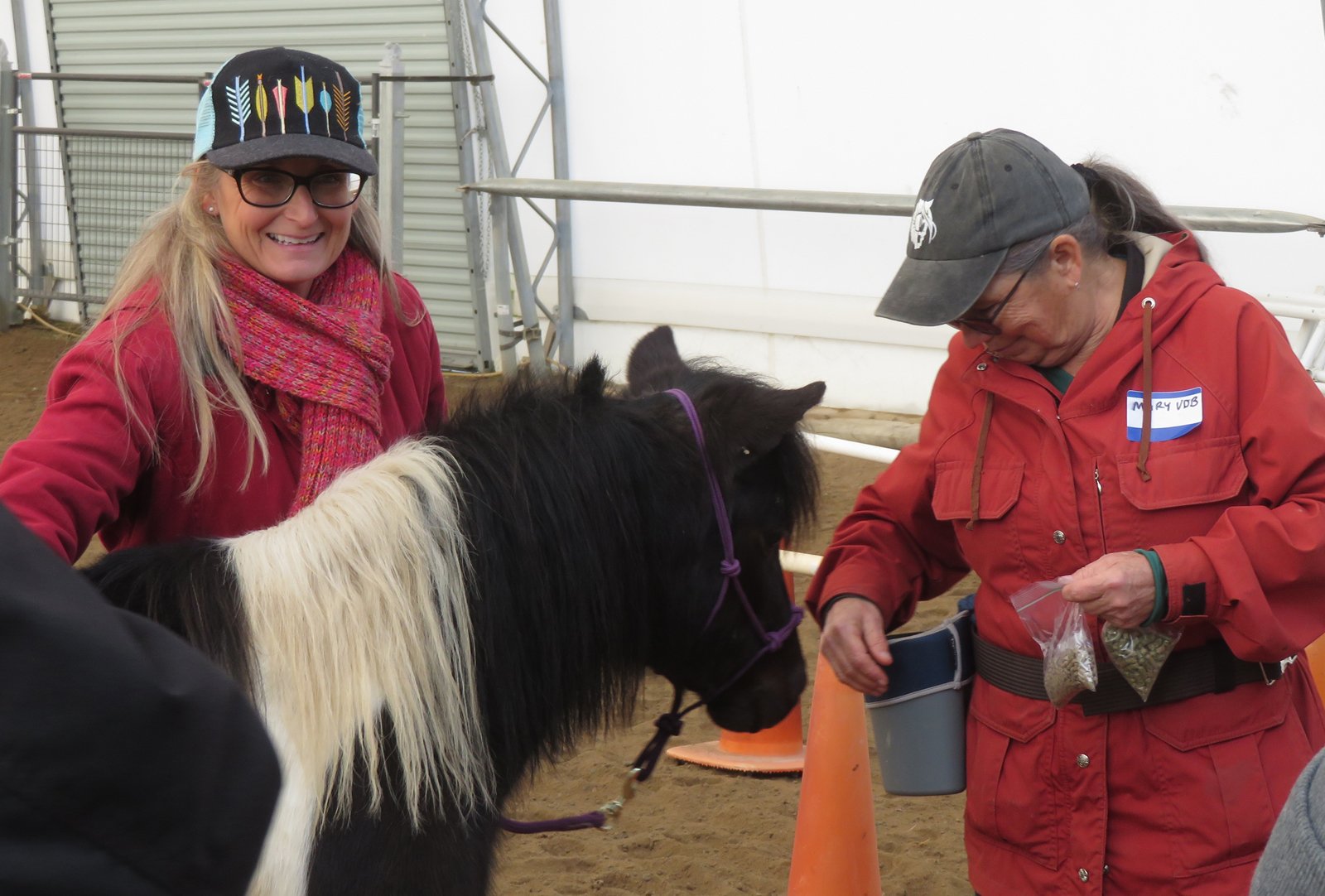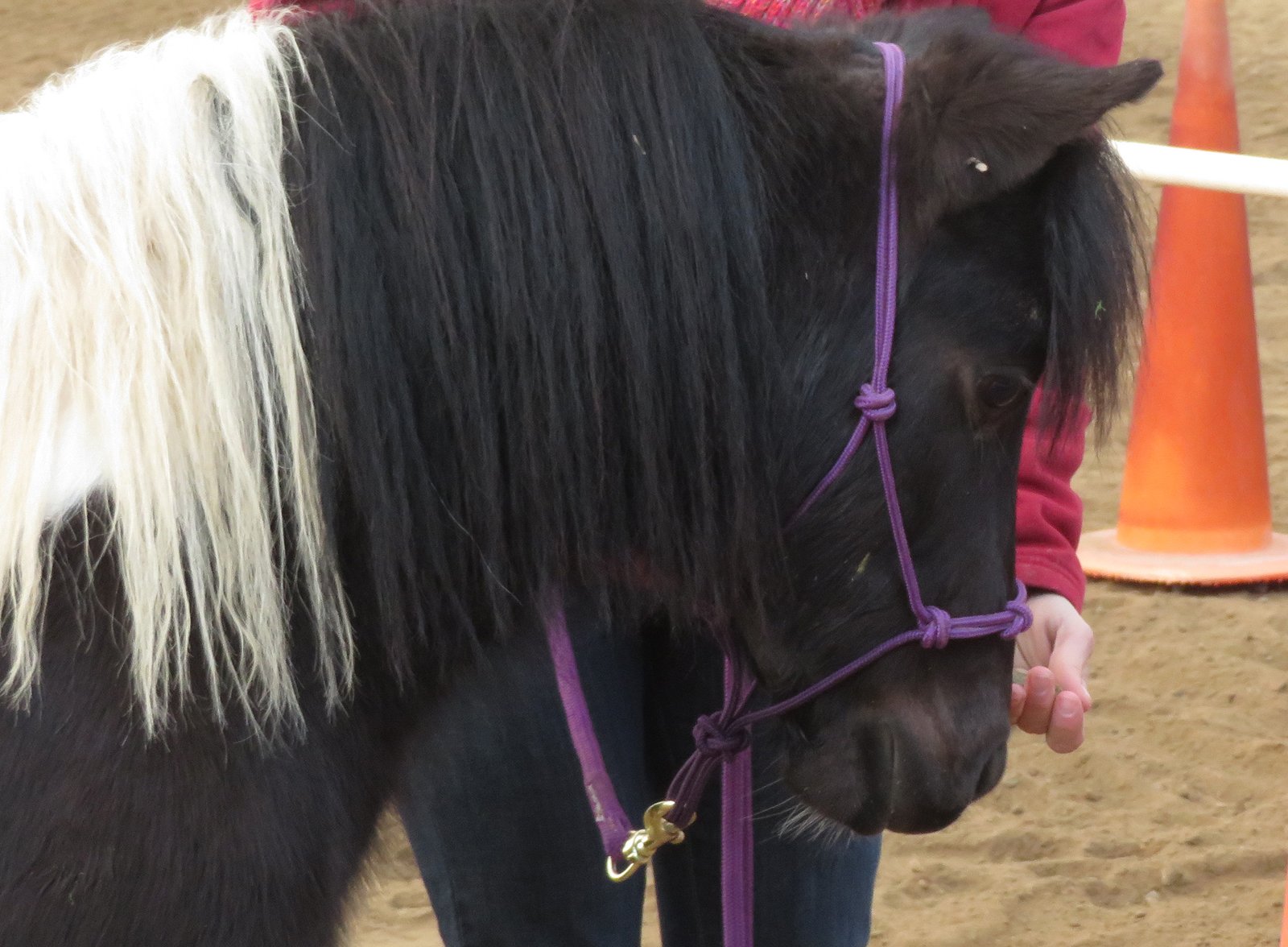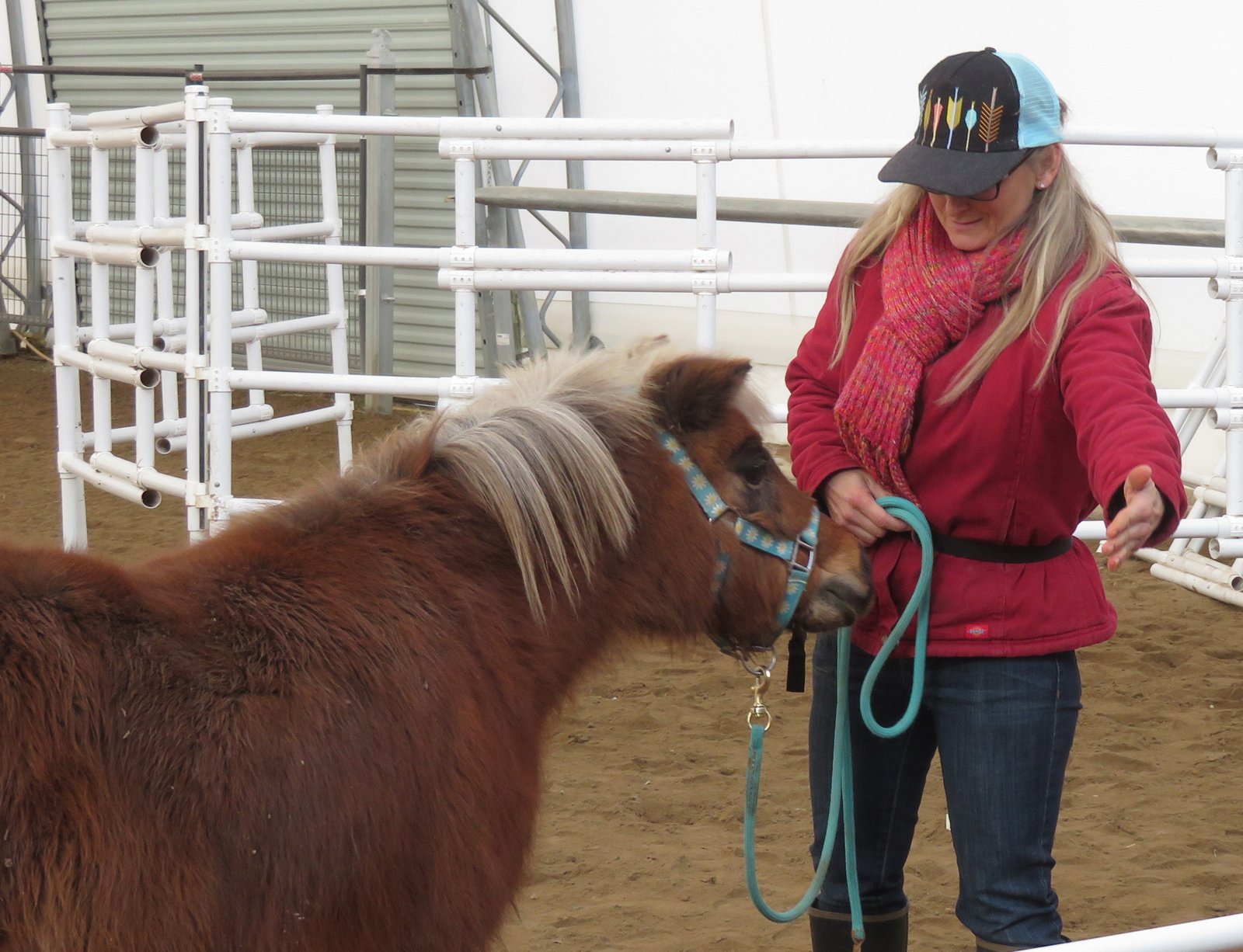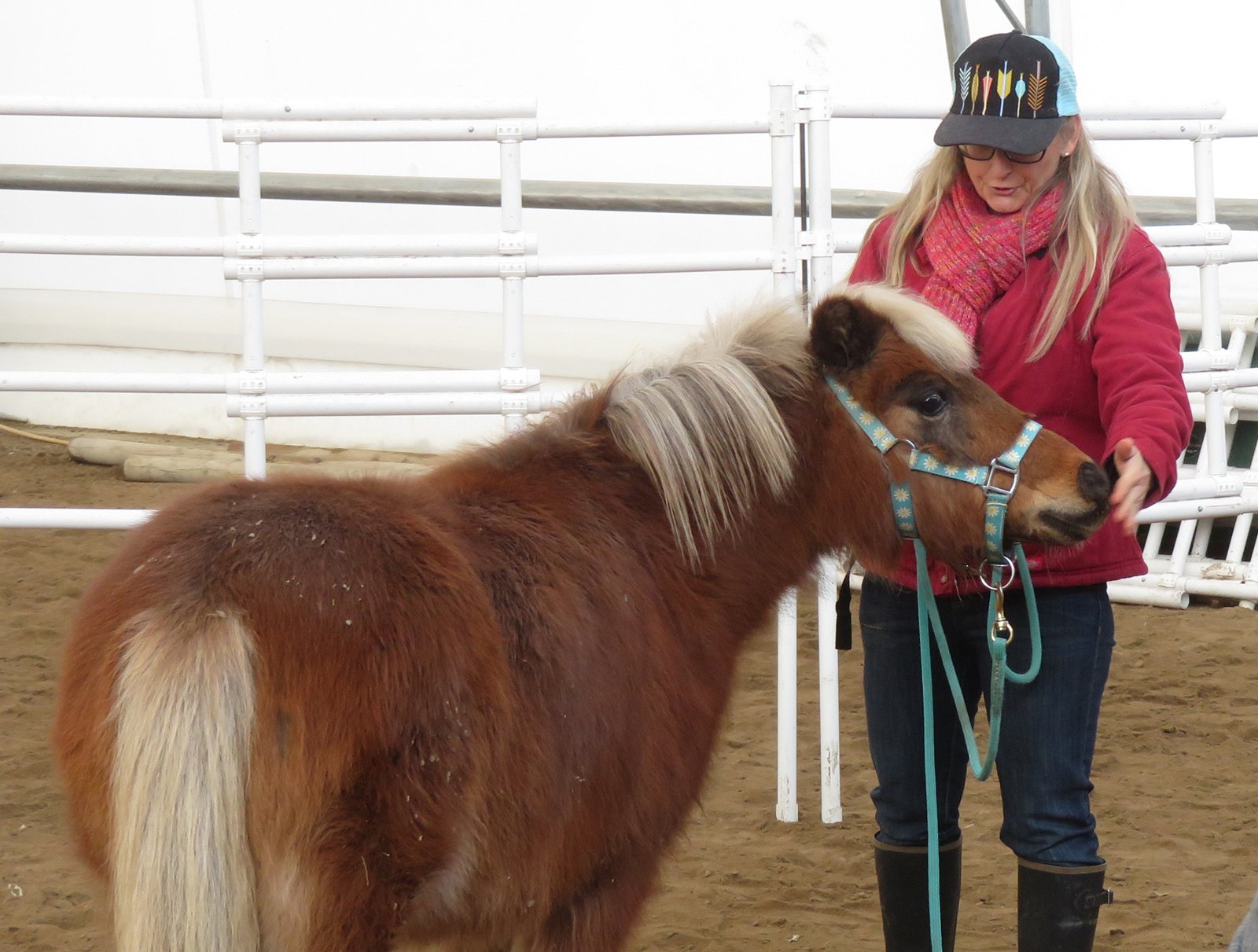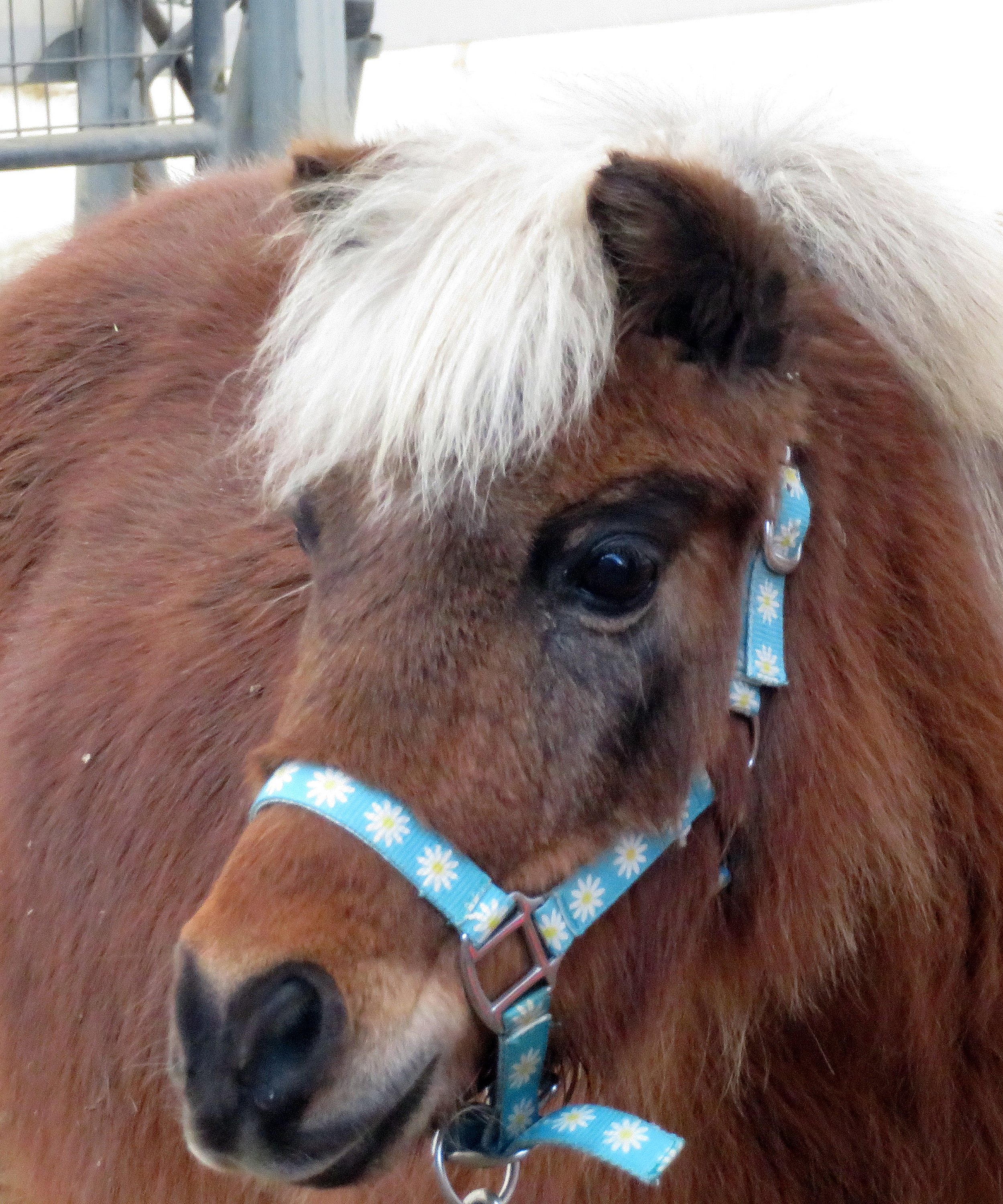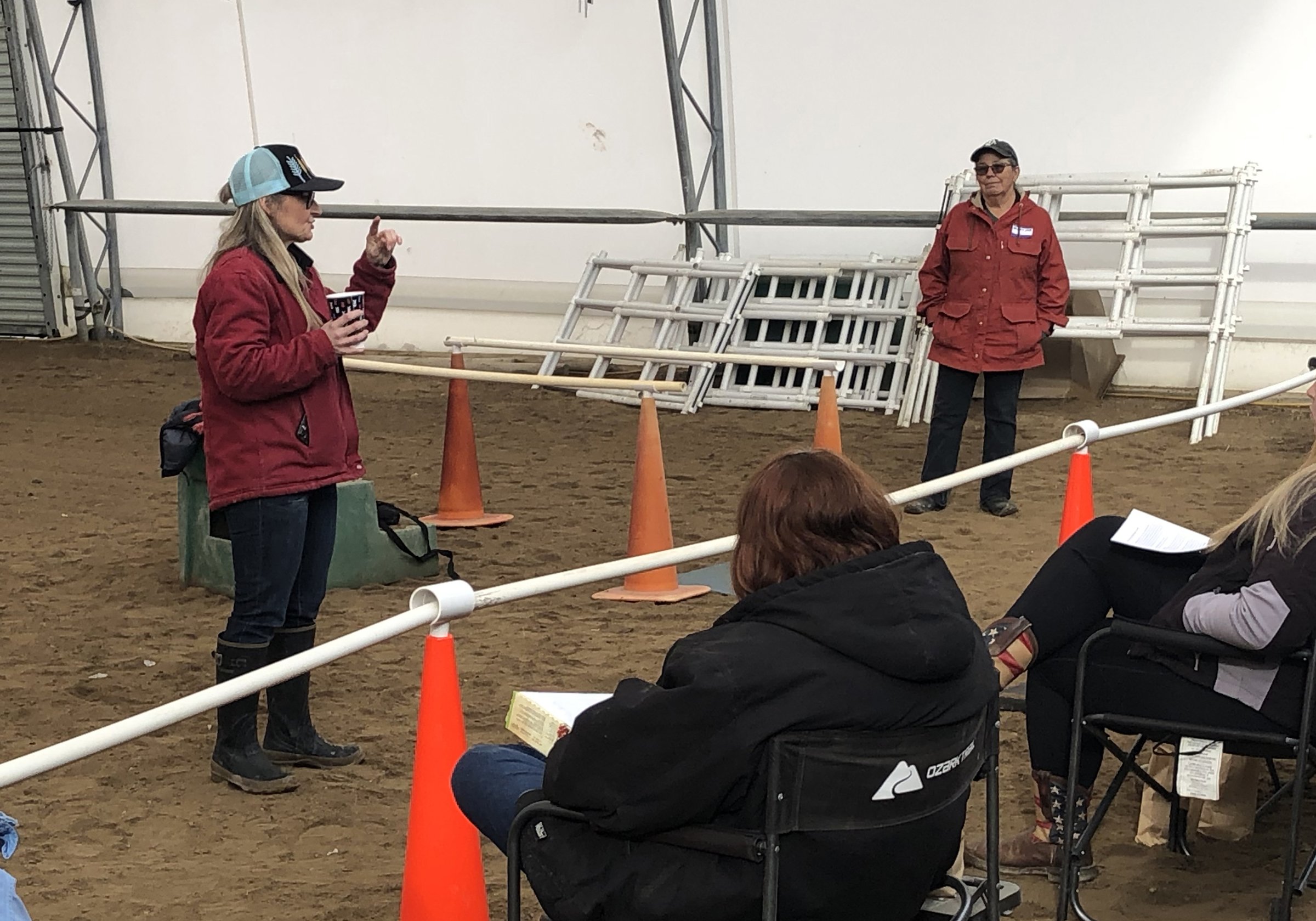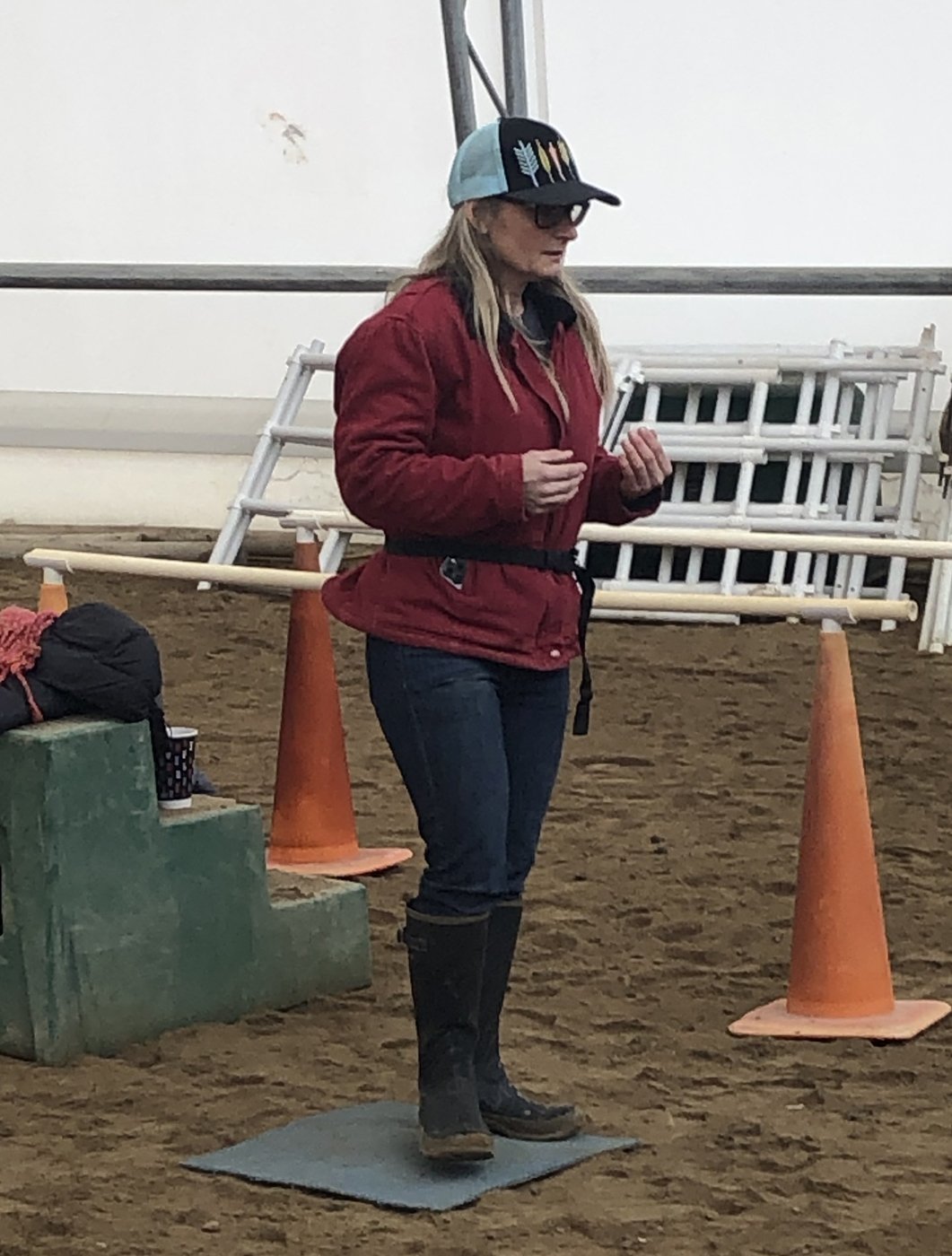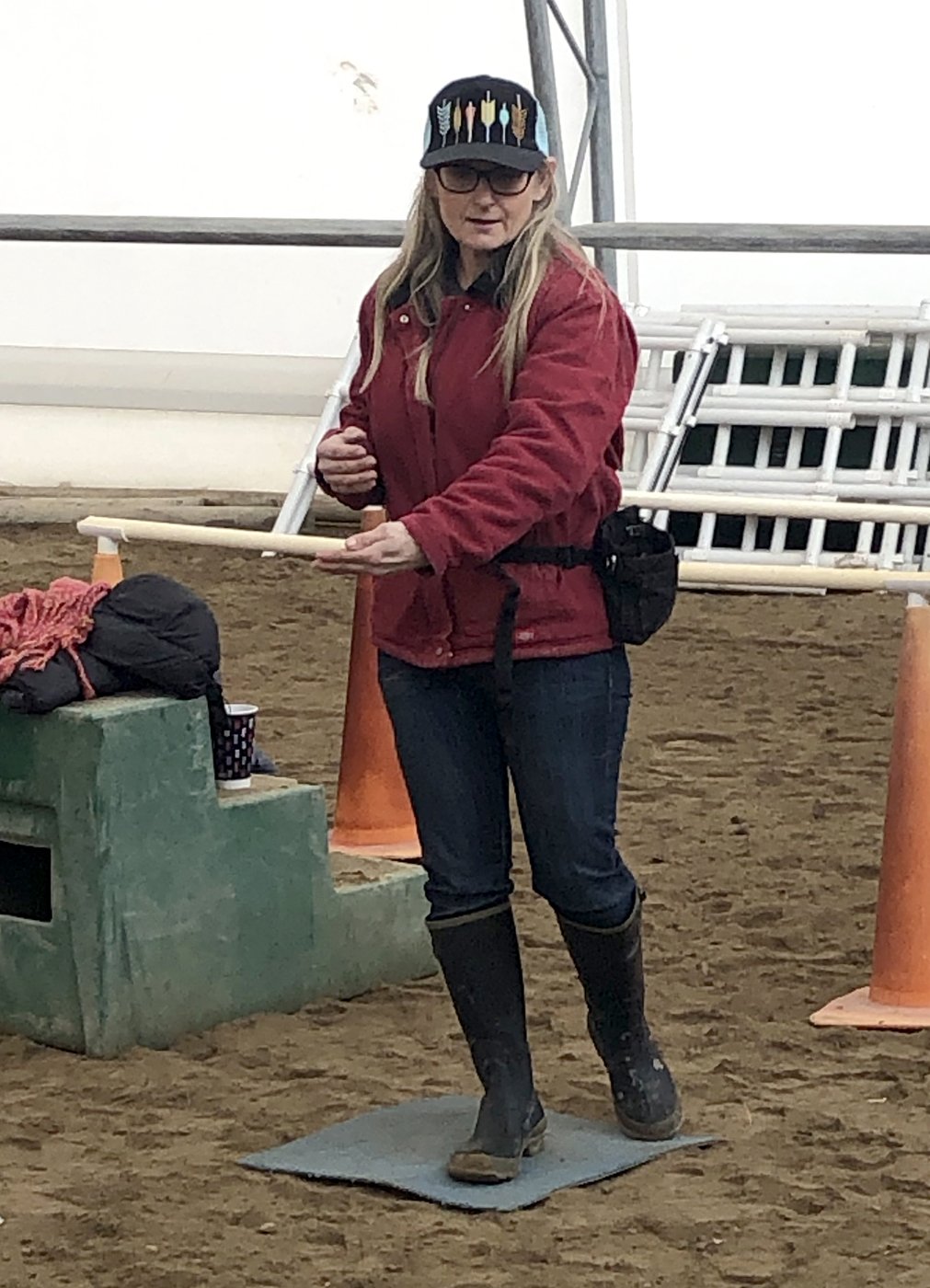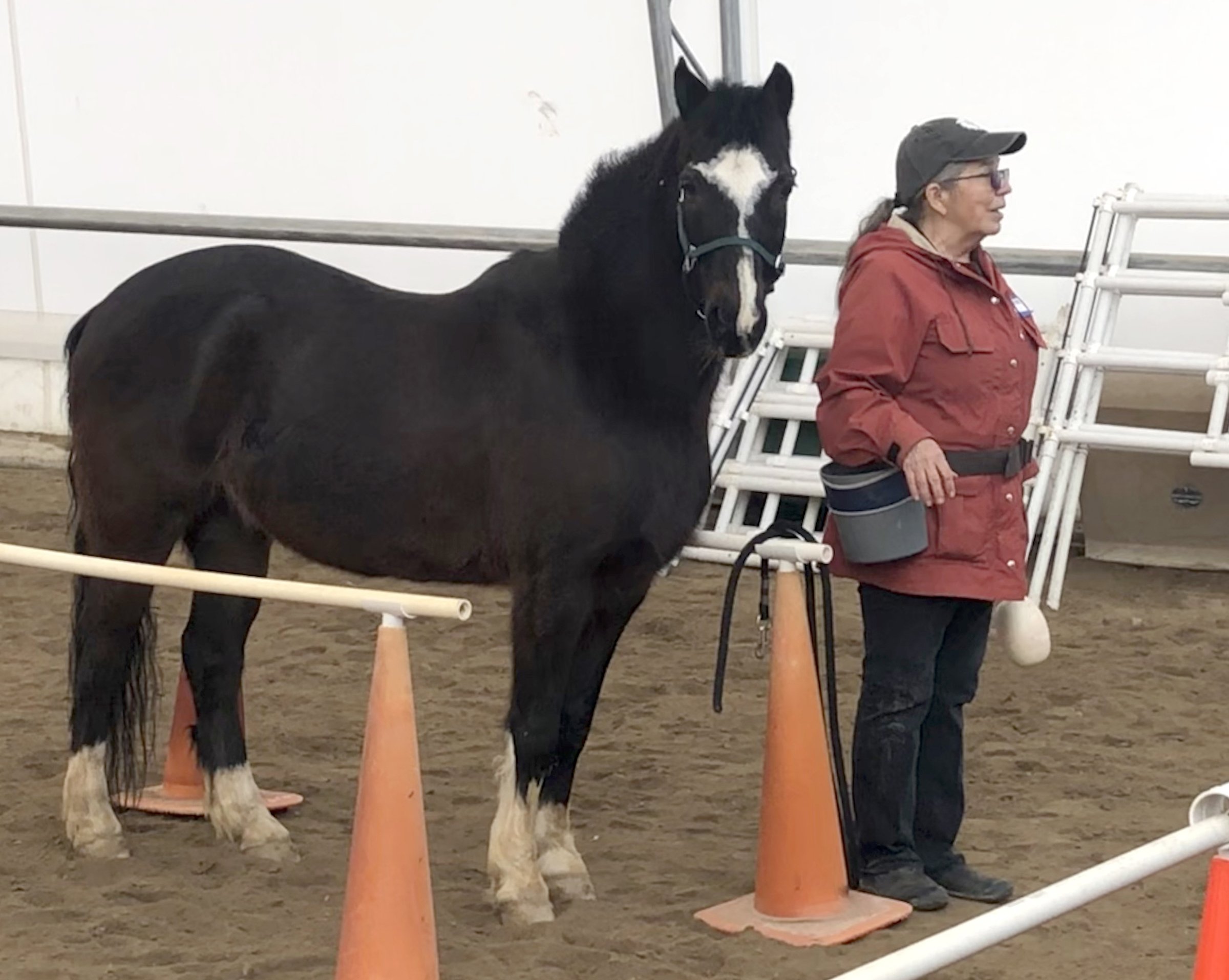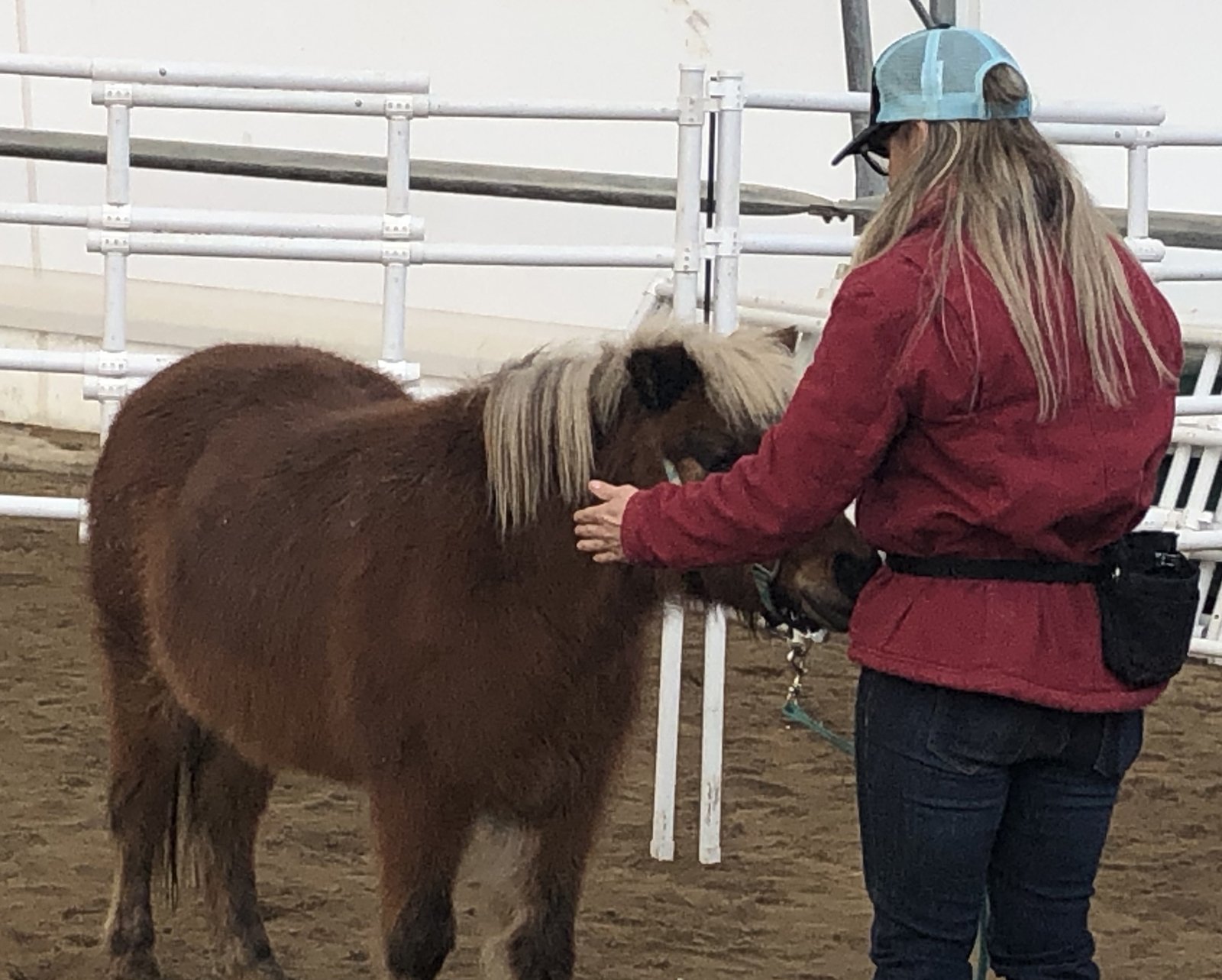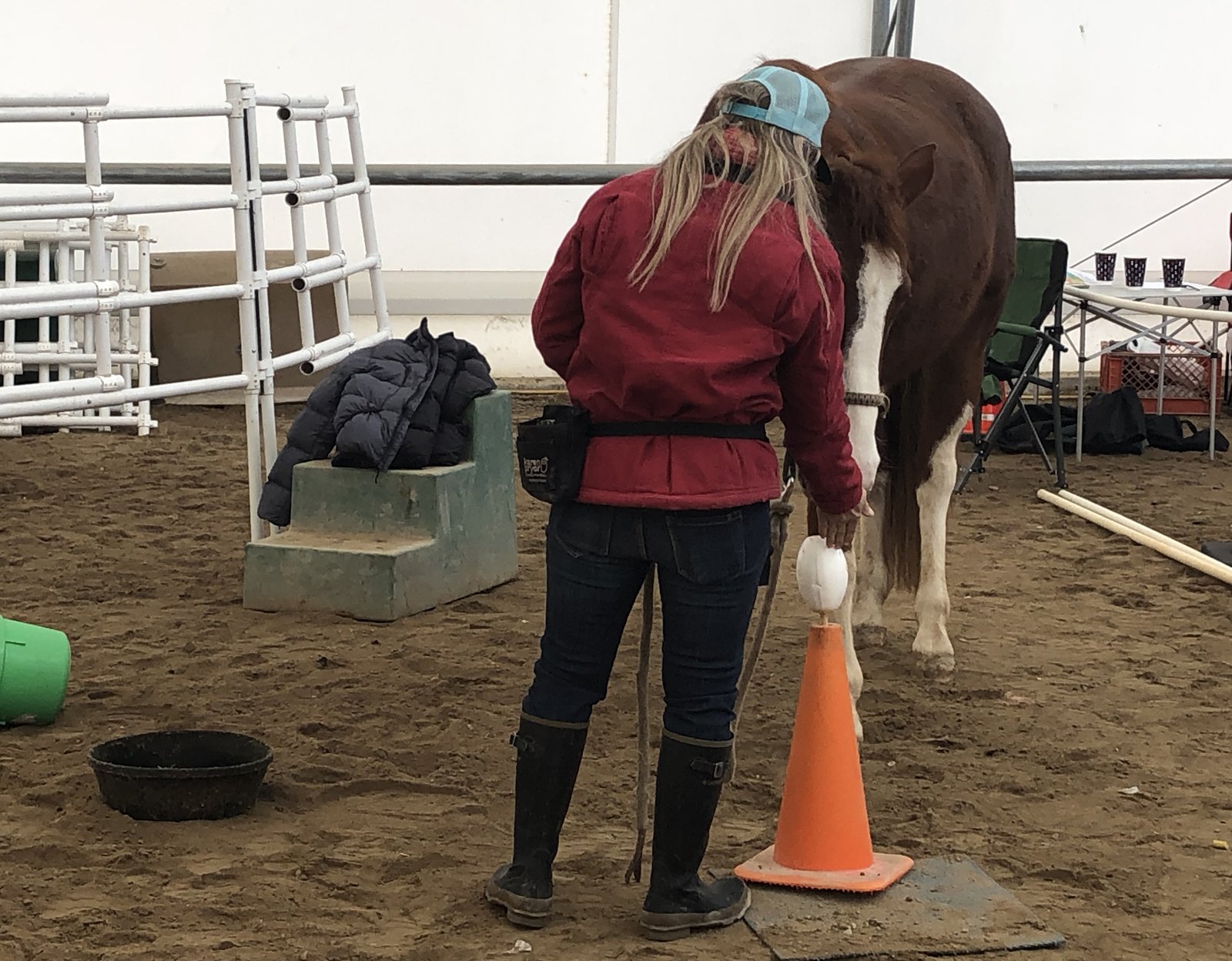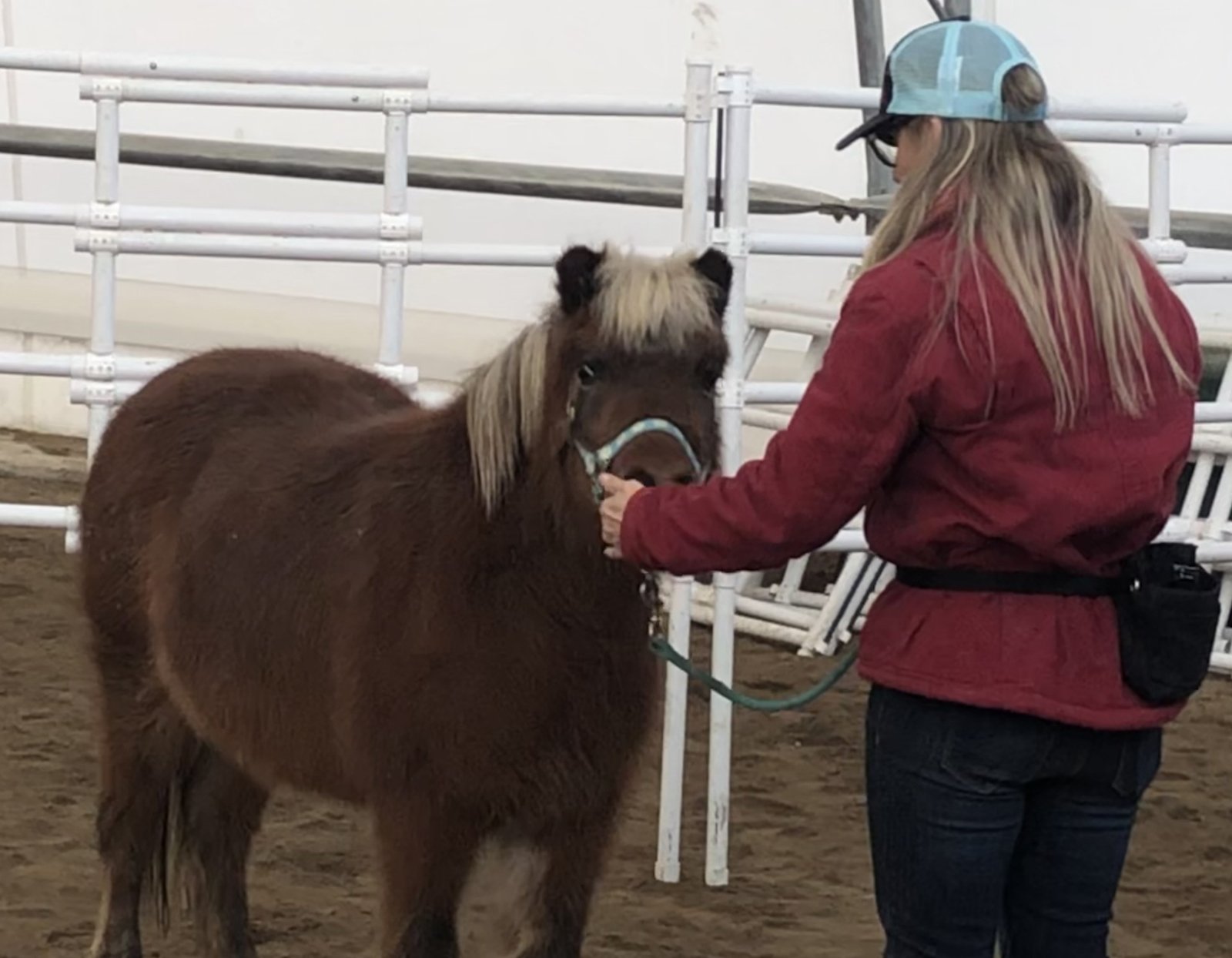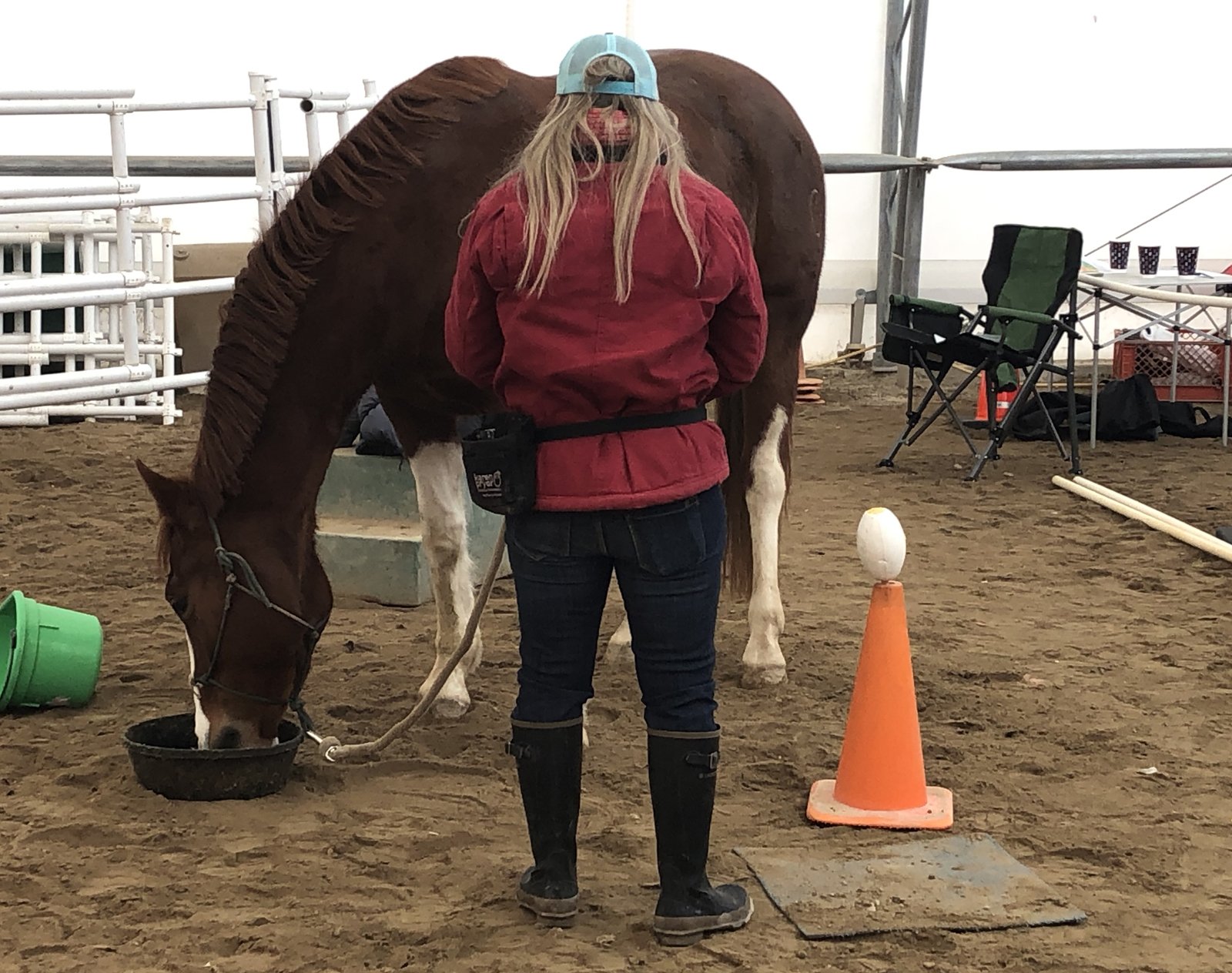The Rising Tide
Yesterday, January 14, 2023, Willow Grove Conservatory hosted an R+ (clicker training) workshop taught by two very experienced and very qualified teachers. Mandie Stuhan and Mary Van De Bogart have spent years studying and applying Positive Reinforcement training and all the details involved in using it as your primary education methodology.
Because I’ve hosted clinics with these outside instructors, people are starting to ask me, “Are you now using Clicker Training?”
The short answer: No. I definitely use positive reinforcement but my process looks different. I also use what would be called pressure and release. So why am I hosting a method I don’t necessarily use as the director of this little Conservatory?
Why does the director of any music conservatory set up an oboe Master Class? The vocalists aren’t going to benefit much. Or are they?
There’s more than just technique specific to oboe players in an oboe Master Class! There’s musicianship, expression, interpretation, tips for efficient practice, working with other woodwinds in groups, and clarity of technique based on composer and time period…there are probably more things vocalists have in common with oboe players than things they don’t have in common. Therein lies the answer to why I’m hosting instructors of techniques I don’t necessarily use: the rising tide in horsemanship is horse-friendly, horse-positive, horse-beneficial methods that include techniques that may not look very similar but have much in common.
What did I learn that is applicable to everyone who works with animals at this Clicker Training workshop?
I learned to ask myself, “What do I believe about horses (animals)? Do they have emotions? Do they deserve choices? How do they learn? What is appropriate for the horse? What may not be? What is beneficial and what is detrimental. A training system will largely match the beliefs about the horse. If the belief system is that horses don’t have a choice, the training system will follow that belief.
I learned to ask myself what 5 things my horse (or animal) likes. These are reinforcers. These have to be what the horse actually likes not what I want them to like. These are the things I use to tell the horse, “Thank you! That was it!”
I learned to ask myself why the horse (or animal) doesn’t choose me when they have a choice.
I learned to evaluate the behaviors I am building in my horse (or animal). These could be the maneuvers, positions, and skills I’ve been teaching and honing. Are they reliable? In familiar places, unfamiliar places, and with distractions? If what I am building in my horse isn’t reliable, it’s not his fault. I need to take responsibility for his skills and their reliability.
I learned that horses (and most animals) retain the emotion they felt when they learned a behavior and can feel that emotion again when they repeat the behavior.
I was reminded to stop the session when the horse (animal) is successful. Be honest. Do you finish an education session if your animal has been successful even if you have more you want to do? How about at an event or a show? These are tough circumstances to balance!
I learned that breaking down education to the smallest possible task is most likely to be understood by the horse (or animal). Most tasks are too big or are several tasks put together. That may be too far for a horse to connect the dots.
I was reminded how the emotional systems of horses are complex and influence their ability to learn when they are not in a fairly calm state.
I was reassured that positive education for horses can look different, have different structures and steps, and different techniques to learn well in order to gain the most benefit.
I have worked extremely diligently for decades to find what I have experienced as a quality education for horses. I know what I know, I know it well and I have applied what I know to many, many horses and riders. Even so, I am coming to realize that it is impossible for me to become fluent in all facets of equine studies. This is why I have made the shift to bring in people who have studied the things I simply do not and likely will not have time to study to an appropriate level to teach.
I am becoming more fluent in things like Clicker Training so I can support students who make use of it. This is how education works in a Conservatory. If the expertise isn’t within the current staffing, an appropriate educator is brought in. The students and the staff learn at least a basic understanding Why? Because students and staff need support. Because excellence and education are catching. Because when one student grows, all are drawn to growth. It’s a simple but extremely powerful effect.
